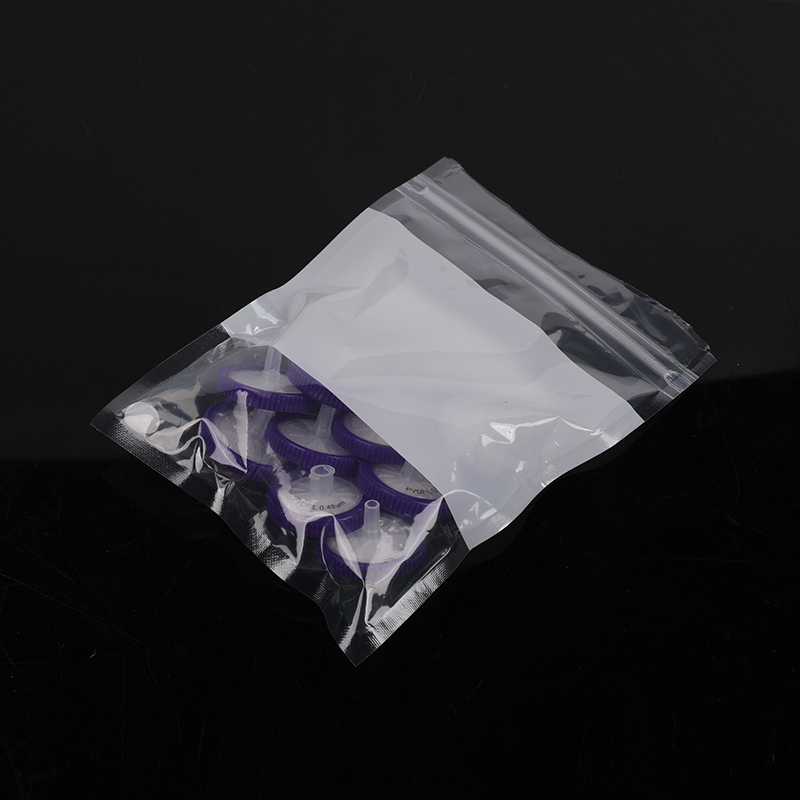In laboratory filtration, clarification syringe filters play an essential role in ensuring the accuracy and reliability of experimental results. These filters are designed to remove impurities and particles from liquids, making them essential for a wide range of laboratory applications. We will explore the importance of clarification syringe filters and how they work to ensure accurate and reliable results.
What are Clarification Syringe Filters?
Clarification syringe filters are small, disposable filters that are used in laboratory filtration applications. These filters are designed to remove impurities, such as particles and microorganisms, from liquids, ensuring that the resulting solution is pure and free of contaminants. The filters consist of a membrane that is housed in a plastic casing, which is attached to a syringe. The liquid to be filtered is drawn through the membrane by applying a vacuum to the syringe.

Importance of Clarification Syringe Filters
Clarification syringe filters are essential in laboratory filtration applications for several reasons. First, they help to ensure the accuracy and reliability of experimental results by removing impurities that could interfere with the analysis. For example, if a liquid sample contains particles or microorganisms, the resulting solution could produce inaccurate results, making it difficult to draw conclusions about the sample.
Second, clarification syringe filters help to protect laboratory equipment from damage. If impurities are allowed to pass through the filtration system, they can cause clogging and damage to sensitive equipment, resulting in costly repairs and downtime.
How Clarification Syringe Filters Work
Clarification syringe filters work by using a membrane to remove impurities from liquids. The membrane is made of a material that is porous enough to allow liquid to pass through but small enough to trap impurities. When the liquid is drawn through the membrane, the impurities are left behind, ensuring that the resulting solution is pure and free of contaminants.
The choice of membrane material is critical in selecting the appropriate clarification syringe filter for the application. The membrane must be able to withstand the chemicals and solvents used in the experiment while maintaining its filtration properties. The pore size of the membrane is also essential, as it determines the size of the particles that can be removed from the liquid.
Clarification syringe filters are essential in laboratory filtration applications, ensuring the accuracy and reliability of experimental results while protecting laboratory equipment from damage. These small, disposable filters are easy to use and available in a wide range of membrane materials and pore sizes, making it easy to select the appropriate filter for the application. By incorporating clarification syringe filters into laboratory filtration processes, researchers can ensure the purity and integrity of their results.

 English
English 中文简体
中文简体













